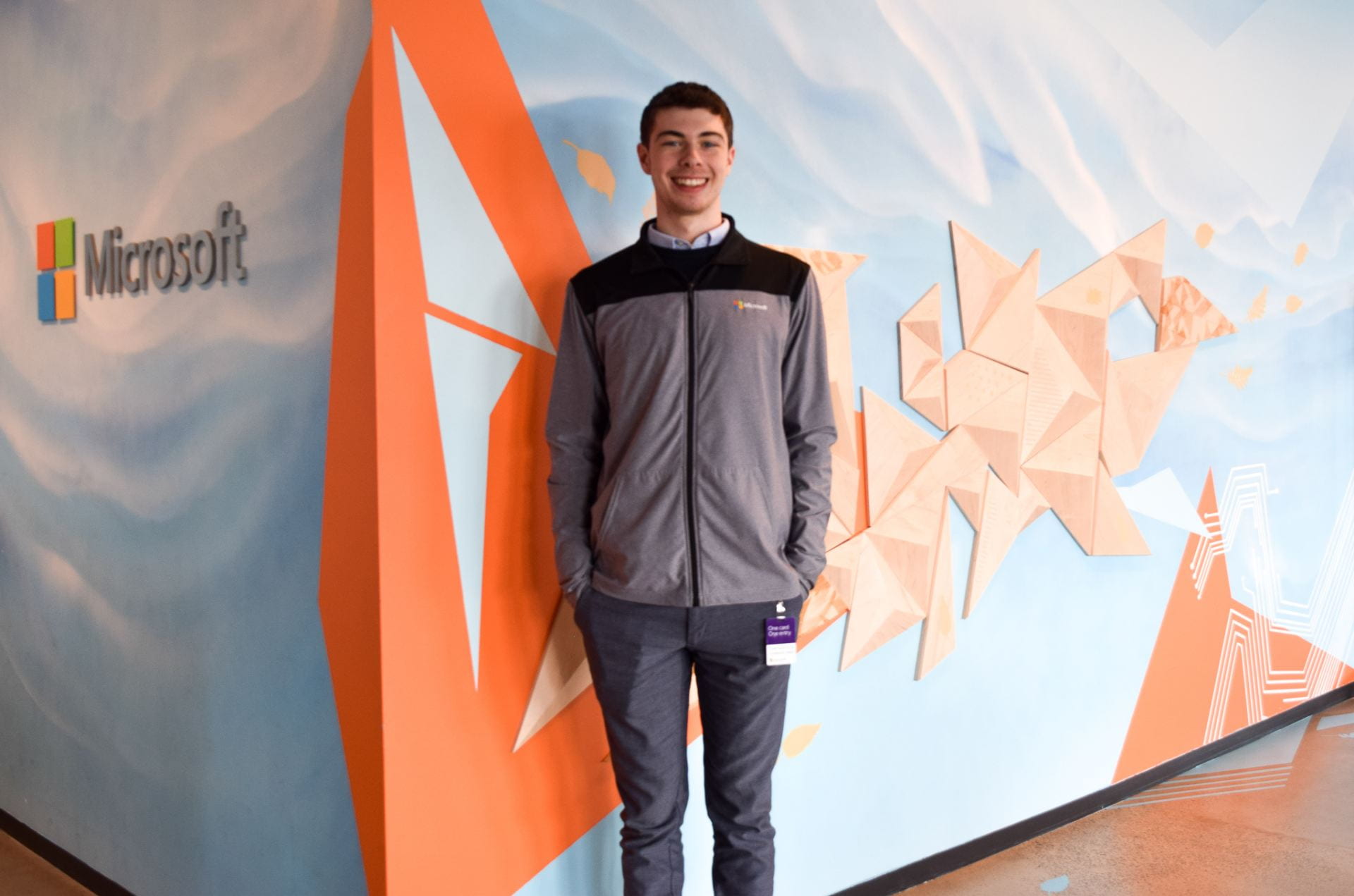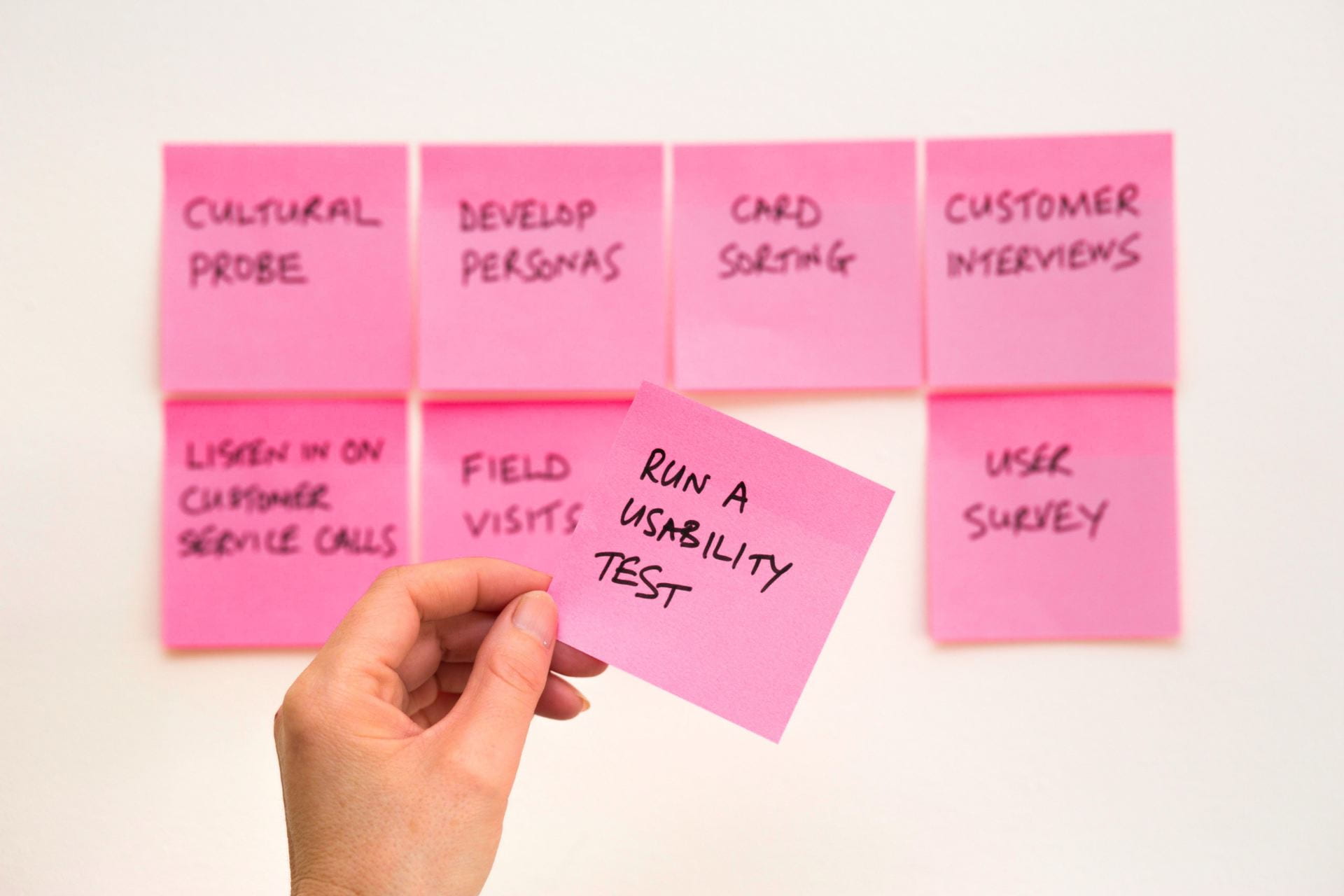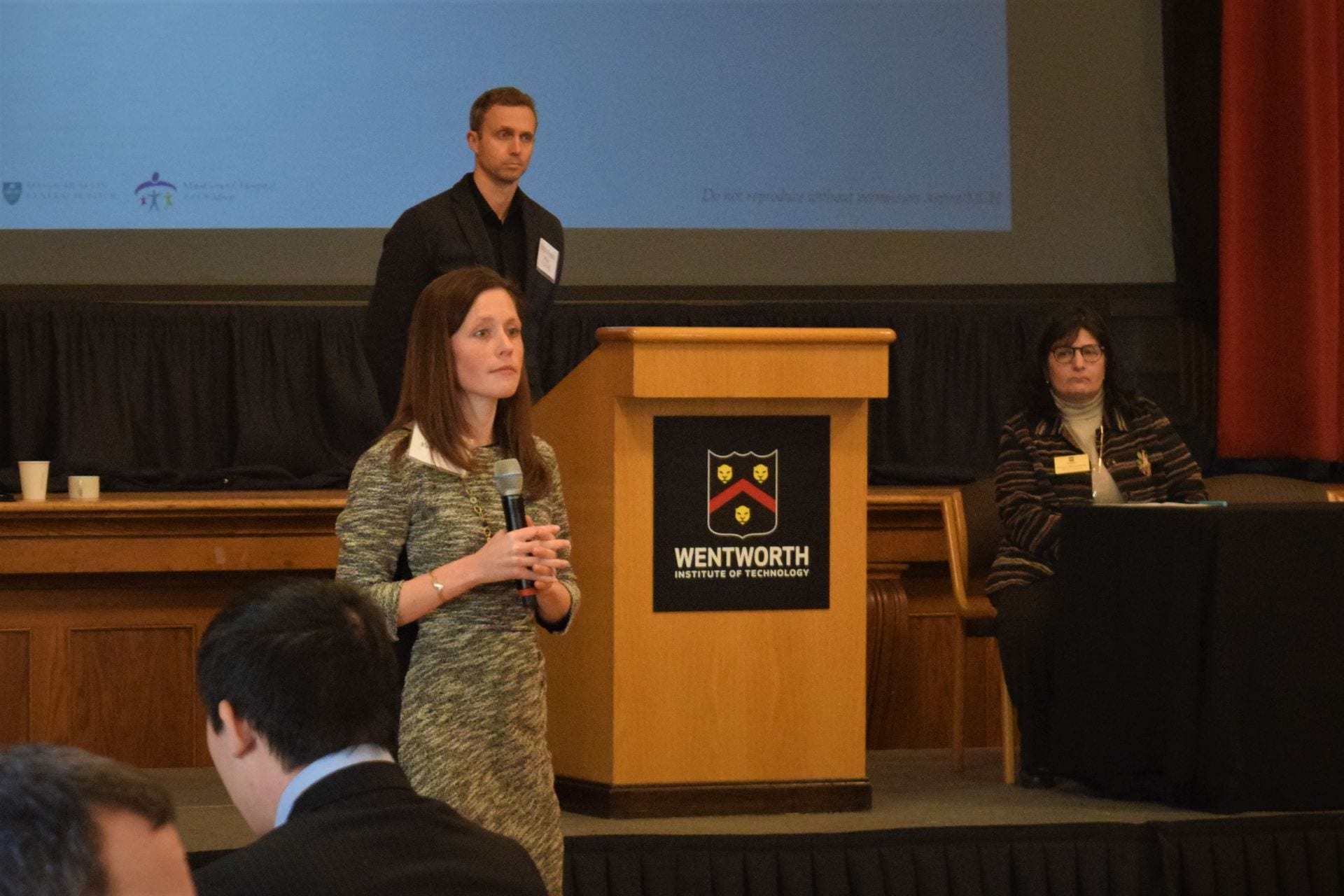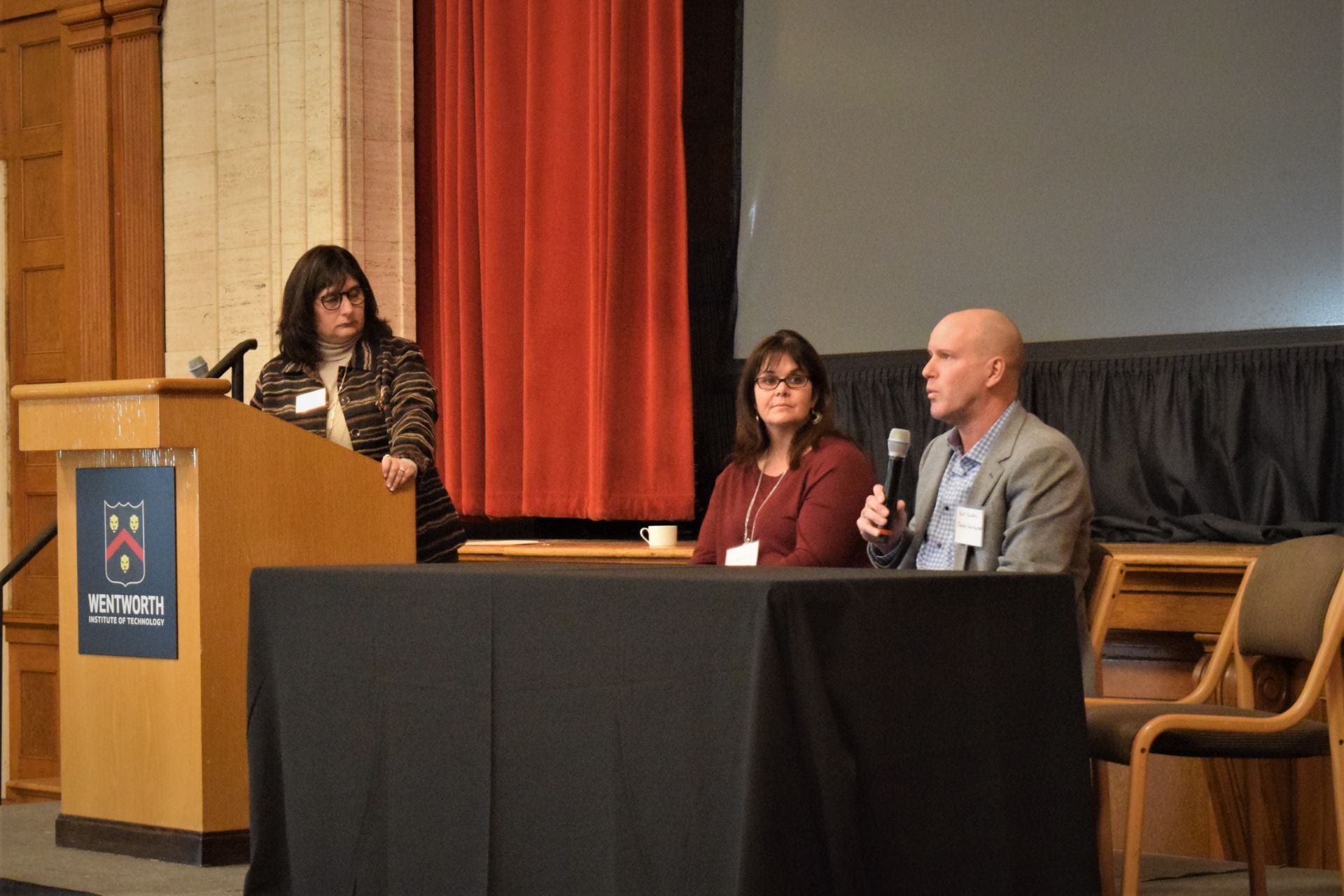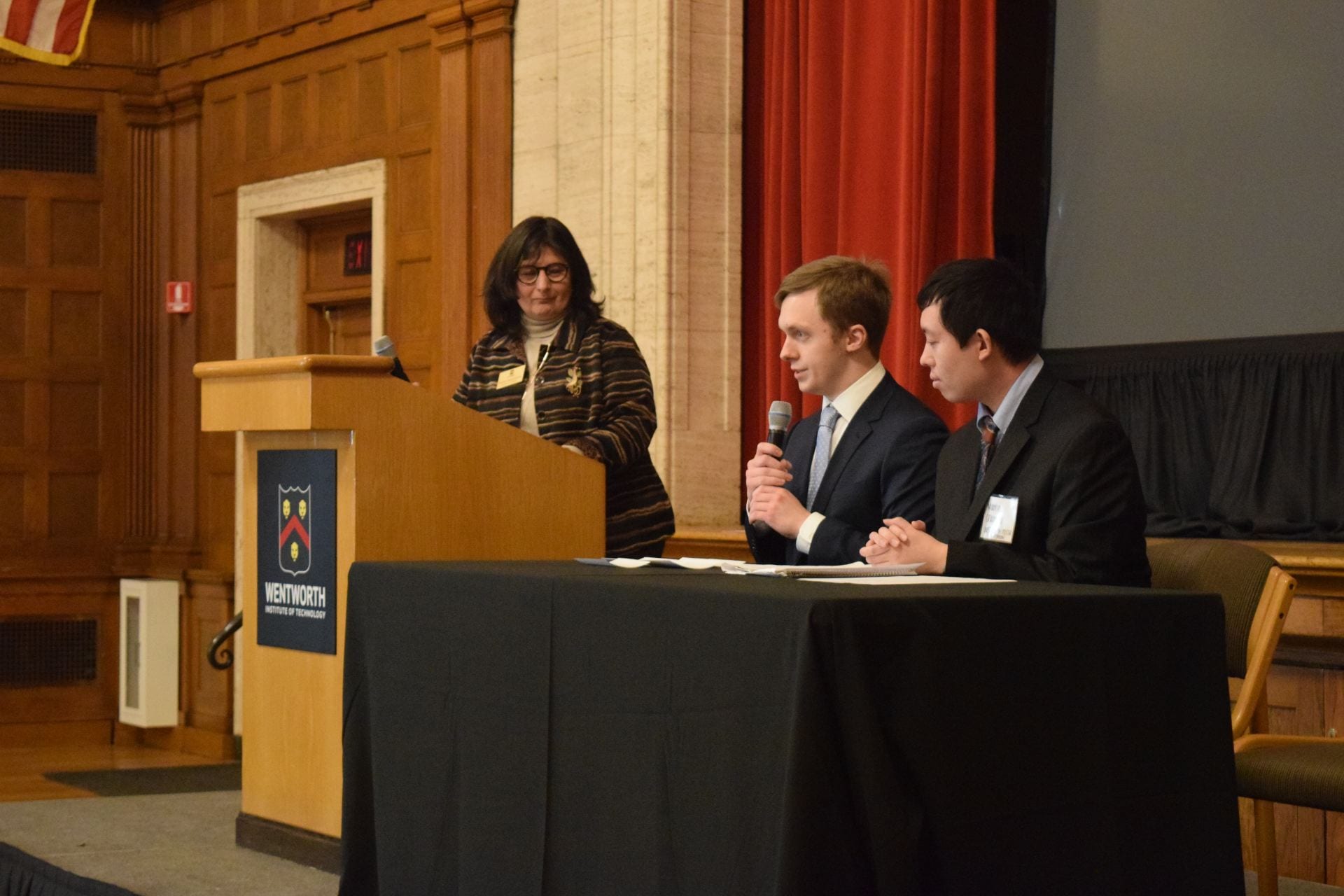By: Val Matta
Baby boomers have always been defined by their sheer numbers. Even now, as they reach retirement age, 41 million baby boomers are still working according to a 2018 report from the Pew Research Center. This equals out to them still accounting for a quarter of the workforce.
As more and more retire, there will be opportunities for younger job seekers to step up and assume the baby boomers’ responsibilities. But first, you’re going to have to prove you’re ready to take the next step in your career.
By understanding what employers want, both at your current company or another one, you can present yourself in the best light. Here are some tips to landing a job previously held by a baby boomer and ensuring you can take ownership of a role without missing a step:
Advancing at Your Current Company
If your current organization is a great fit, you might want to make a move without leaving the team. For both you and the company this is a win-win situation. You get career advancement, and your company doesn’t lose a talented employee. Make the most of your situation by taking the following steps:
Find a mentor
Having a mentor is essential to young job seekers’ careers. Older employees who have been where you are will provide valuable advice to help you learn and make better decisions. Plus, as boomers retire, having one as a mentor will put you on their radar to recommend as a possible replacement.
But to get the right mentor you need to be proactive. It’s rare that an experienced employee will approach you with an opportunity. Start by making a list of people in your organization who you already have a relationship. To evaluate if they could be a good mentor, consider:
- Their accomplishments and if they are something you aspire to
- How their personality meshes with yours
- If they will push you to grow and develop
- How available they typically are
- Their connections within the organization and outside of it
Once you have a list of potential mentors, invite your top choice for coffee and have a conversation about what you’re looking for. Explain what your career plan is and how you think they can help. The more specific you can be the better. It helps them understand exactly what they’d be providing you.
Ask what positions are opening soon
Employees don’t retire without notice. It takes planning and conversations with company managers and leaders, helping everyone prepare for the transition. However, while upcoming retirements aren’t secrets, you may not be told about coming opportunities.
Talk to your manager about your interest in moving up in the company. Don’t say ‘I want Janet’s job when she retires.’ Instead, explain you’re ready for a new challenge and ask for their feedback on what you can do to prepare and train.
If you’re not ready to take over the retiring baby boomer’s position, suggest ways you can take on some, but not all, of the responsibilities. This will help you expand your role without setting yourself up for failure.
Advancing at Another Company
Sometimes the right move for your career is changing companies and making a fresh start. You will still need to prove you have what it takes to fill a more advanced position, however, you’ll approach the situation differently than if you were already in-house.
Look for jobs the “old school” way
In recent years, companies have turned to social media to recruit younger talent. However, don’t forget companies still use traditional job boards to reach older job seekers — especially for non-entry level positions.
Don’t neglect the old school ways to find a new job opportunity. Consider adding the following to your job search:
- In-person networking events
- Niche job boards
- Job fairs
Find out what skills the company is blindly missing
Hiring younger job seekers presents employers with a unique opportunity to fill a position while getting a new set of skills. However, when an employee has performed a job for a long time, the organization may not be aware of alternate skills and ways to grow the role. While baby boomers have experience, a trending concern for years has been that not all have the latest skills.
When you’re researching positions, identify the skills that might be useful yet are not in the job description. Look at as many job descriptions from the organization (even those not for your specific department), as well as comparable positions at other companies. Use that to identify any trends of skills the company could inadvertently not be looking for in their job description.
Then, when you’re writing cover letters, updating your resume, and in the interview process, showcase the experience you have as well as how these additional skills could improve the team and bring greater value to the company.
Want to find out more ways to land a more advanced job? Check out this blog piece!
Blog originally posted to: https://careershift.com/blog/2019/04/4-ways-younger-job-seekers-can-step-up-as-baby-boomers-retire/


